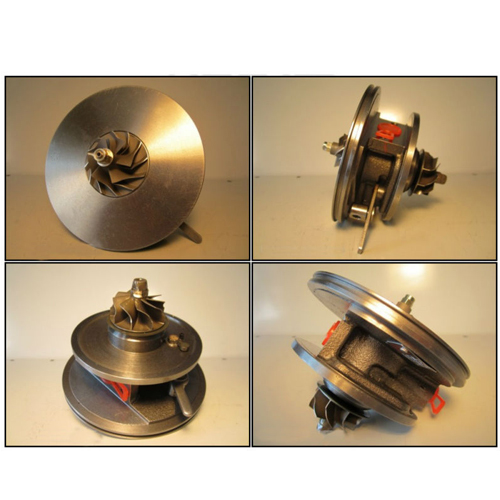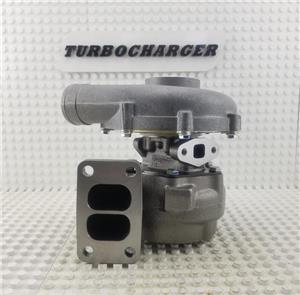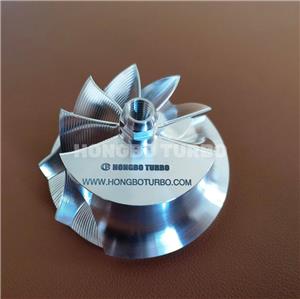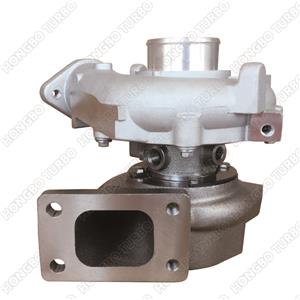What are the effects of damaged turbocharger turboshaft seals?
Due to the high-speed running components inside the turbocharger, sufficient and stable oil must be obtained during the working process to ensure lubrication and lubrication and heat dissipation, so as to ensure the normal operation of the turbocharger components. However, when the turbocharger turbine shaft seal is not tightly sealed, it will cause the oil to leak into the turbocharger air passage.
(1) If the oil enters the turbine side, the oil will burn under the action of the high-temperature exhaust of the engine, causing the engine to emit blue smoke. In this case, a large amount of carbon deposits will be generated in the air passage of the supercharger, and in the long run, the workload of the supercharger will increase, and the probability of high temperature of the supercharger will be increased. In severe cases, the supercharger will be burned due to overheating.
(2) If the oil enters the compressor side, the oil will enter the intake port, reach the cylinder, burn and produce blue smoke. Combustion of oil into the cylinder increases the production of carbon deposits on the engine pistons. In the long run, the occurrence of engine jitter will increase, and the probability of engine knocking will easily increase.
If the turbocharger leaks oil, which leads to the generation of blue smoke, it is necessary to replace the supercharger seal in time to prevent the supercharger from being scrapped due to the lack of good lubrication and heat dissipation of the supercharger, resulting in economic losses.





